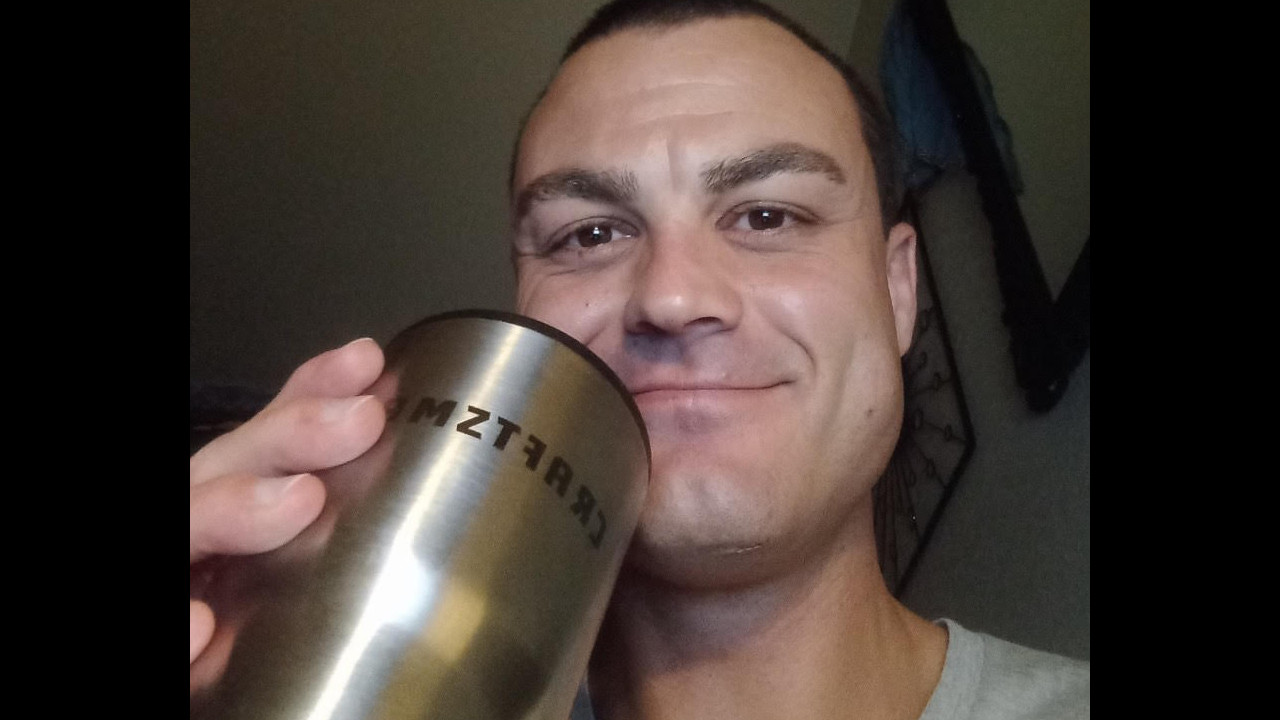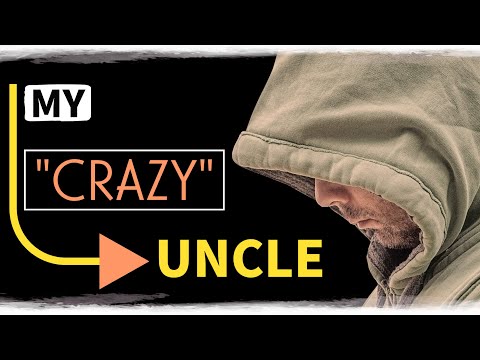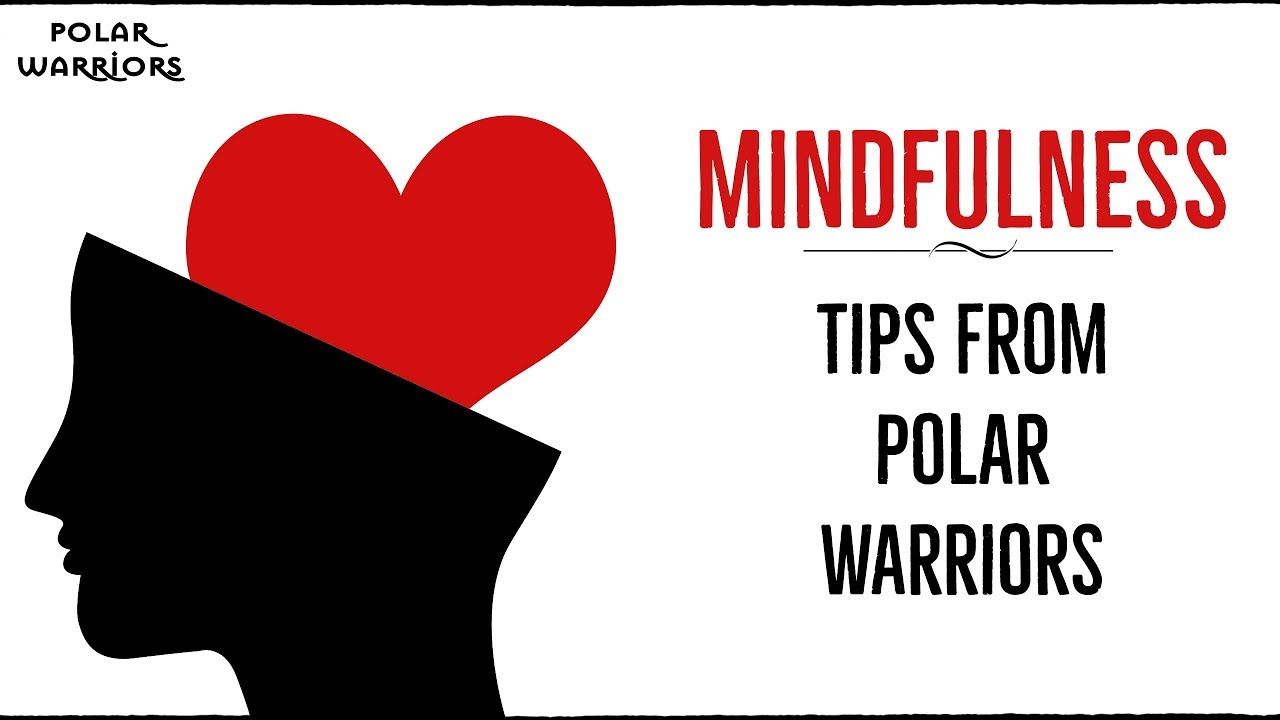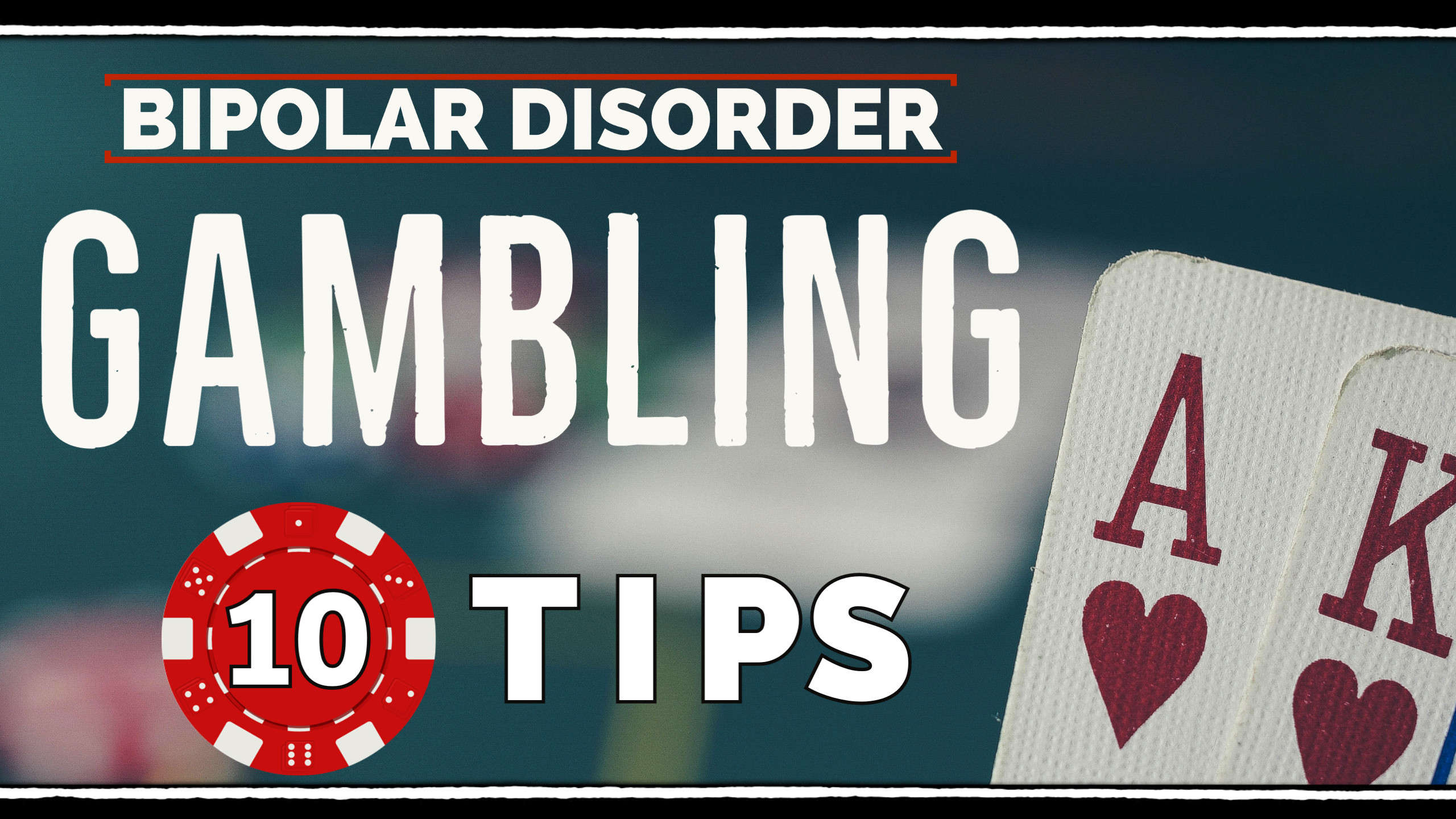Living with Bipolar Loved Ones:
Four Virtues to Cultivate for Healthy, Lasting Relationships
Bipolar: The Facts
Characterized by extreme mood swings and often debilitating depression, bipolar disorder known to be is a dangerous mental health condition afflicting tens of millions of people worldwide. According to Dattani et al., almost fifty million people in the world were estimated to have bipolar in 2017,1. and the Depression and Bipolar Support Alliance states that the disorder affects just under six million adults each year in the United States alone.2. On top of this, it is said that around 3% of adolescents have bipolar, with rates for girls being slightly higher than those for boys.3.
But when it is said that the disorder affects nearly six million adult Americans, this is, in fact, a statement which could prove misleading. For this refers only to the number of people who are believed to have bipolar: the actual number of those affected by the disease is much higher. This is because, even if you haven’t been diagnosed with bipolar disorder yourself, if you have a friend or a family member who has, then this disease will affect you. For many who are reading this article right now, it already has.
What Does This Mean?
This means that the supportive infrastructure and educational resources surrounding bipolar disorder have to be geared toward not just those who have been diagnosed with it, but also those who, while not having bipolar themselves, have friends or family members who do. The creation of a holistic community will assist those of us with bipolar-afflicted loved ones in coping more easily with all that comes from the disease, and it will give us the tools we need to provide our loved ones with more effective support. With this in mind, I thought it would be helpful to take a look at four traits whose cultivation can be immensely beneficial to our lives if somebody close to us has bipolar. By consciously cultivating these traits, we can improve our relationships with our bipolar-diagnosed loved ones and become better equipped to handle the inevitable stress and strain resulting from the presence of the disease.
Of course, these are not the only important virtues to be cultivated by those of us with loved ones who have bipolar. There are dozens that we could focus on, from patience and compassion to hospitality, temperance and different kinds of selflessness. But in this article, I’d like to look at four virtues which might not get as much attention as some of the other, more obvious ones, and bring to light some of the vital aspects of living with friends or family members who have bipolar.
Loyalty
The first virtue that I think is really important for us to cultivate is loyalty. Too often in our society, when times get tough, so-called friends and even family members find it easier to just give up on the people closest to them rather than remain by their side. If we truly value the relationship, we should strive to find the good in the other person despite whatever bad things they have done. This doesn’t mean we should tolerate abuse or erratic behavior that is detrimental to our own well-being. Everybody needs to have a line that they don’t allow others to cross, and it is important that our bipolar loved ones understand where that line is. But it is equally important that we don’t just abandon them because we don’t want to be bothered; here one has to use the right judgment.
In an insightful article on tinybuddha.com, Lori Deschene discussed 25 ways to be a true friend. As she explained it, she went on Facebook and asked people what they thought it meant to be a friend, then compiled some of the answers that stood out to her. The first item on her list was “Always be there, even in silence.”4. I love this, because it points to a core truth about human relationships: we don’t always have to do stuff for people to show them that we care. Oftentimes, just being there for them is the most important thing.
People may fail to do this for many different reasons. Sometimes it really is because they just don’t care, but other times it’s because they are literally so overwhelmed with their own emotional troubles that they just can’t bring themselves to reach out. Other times, it’s because they haven’t cultivated the second virtue on our list: courage.
Courage
Courage in this context means being prepared to face the trials and tribulations that come with having a bipolar-diagnosed loved one, even if it looks really scary or we aren’t sure how to face them. Being courageous doesn’t mean that we are superheroes. Nor does it mean that we ignore our own weaknesses and flaws, acting like they don’t exist. Everybody has moments of doubt, wariness and confusion at some point in their lives. It is what we do with these moments that determines their value.
As somebody with both friends and family members who have been diagnosed with mental illness, including bipolar disorder, I know that few things can be scarier than finding out one has a close friend, or a brother, or a sister, or a father or mother or spouse with mental illness. When that happens, it can seem as if the whole world is crashing down on top of us. But in those instances – and especially if our loved one is showing signs of delusion or severe depression – it is up to us to have the courage and the forethought to make the best of the situation and try to get them the treatment they so desperately need, because they are in no position to do it themselves. And if you need help, ask! There are many resources out there offering various kinds of help to people affected by mental health disorders, with Polar Warriors being just one.
Understanding
The third virtue we should cultivate is understanding. Here I refer to the gaining of a working knowledge of the disorder and the different ways it can impact peoples’ lives. This seems like a big job, I know. But it really isn’t – not if we just take it slow and try to learn a little at a time. We don’t have to be doctors or scientists to increase our understanding of this disease, we just have to be willing to learn.
There is truth in the old saying that knowledge is power, and the fact is that the more we know about the practical aspects of bipolar disorder, the more we will be able help ourselves and those we care about the most. Understanding that there is a biological basis to bipolar disorder, and that our loved ones are not just “acting out” to get attention, is incredibly important to maintaining that relationship. So is understanding that no two individuals are the same, and therefore, what helps one bipolar-afflicted person might not help another. Finally, by increasing our own understanding of it we can help to spread more awareness about this disease, and hopefully combat the stigma about it which has been so prevalent in our society for decades.
Honesty
The fourth and final virtue on our list today is honesty. This is a big one, because there is no getting around the fact that bipolar disorder can often lead to very real strains on relationships. Nobody knows how many it has altogether ruined, but one thing is for sure: it doesn’t have to ruin yours.
On the channel, Rob has spoken about the necessity of instituting boundaries within relationships where one party has bipolar,5. and in general it is a healthy practice to structure one’s life in an ethical, positive way. This means that if you have a friend or a family member with bipolar and their disease is leading them to do things that are not okay, you need to be honest with them about it. Be firm, but do it in a kind and gentle way. Verbal violence, physical abuse and other destructive behaviors are never acceptable in a relationship, and while we may be more forgiving of an abuser if they have a verified mental illness, it is not a reason to accept it.
If we want to help our mentally ill loved ones, we have to tell them the truth about their behavior so that they can get the help they need. This isn’t always easy, and timing can be a crucial factor in whether or not they listen to what we say. Someone who struggles with bipolar is usually more reachable when they are just starting to become manic, or are finally coming back to reality, than they are when in the throes of their mania, depression or psychosis.
Remember that bipolar disorder can cause severe emotional instability and sometimes amplify feelings of sorrow, guilt and negative self-worth. As Rob has put it, “Bipolar disorder is like a giant magnifying glass that can make our emotions feel ten times heavier.”6 So, even though we may become understandably frustrated by our loved ones’ bipolar symptoms, we have to make sure that we don’t allow our own anger or frustration at the situation to overcome us, because that could cause us to do things which only make the circumstances worse.
We Can Do It!
We have seen that bipolar disorder is a serious mental health condition affecting tens of millions of people worldwide. Not only those who are diagnosed with it, but also their relatives and friends have to live with the effects of this disease. If you’ve made it to this part of the article and you don’t have bipolar disorder yourself, the odds are high that somebody close to you has it and you are looking for advice on how to cope while ensuring that they receive the treatment they need so they can live as “normal” a life as possible. Don’t give up: bipolar can be a serious condition, but there are ways to make it more bearable.
The creation of an effective support system for those with bipolar loved ones has only just begun. There are still tons of things to learn about the disorder and many new avenues of support to explore. Hopefully, we will succeed one day in building the kind of community necessary for the overcoming of this devastating disease, but the truth is that we are still a long way from that. For now, the main thing that we with bipolar loved ones need to focus on is remaining healthy ourselves, along with doing all we can to help those who are struggling with the disease. Having a relationship with someone who has bipolar isn’t easy, but if we practice loyalty, courage, understanding and honesty, we can make it work.
1. Saloni Dattani, Hannah Ritchie and Max Roser, “Mental Health,” OurWorldInData.org, Last modified August, 2021, https://ourworldindata.org/mental-health.
2. “Bipolar Disorder Statistics,” accessed October 16, 2021, https://www.dbsalliance.org/education/bipolar-disorder/bipolar-disorder-statistics/.
3. “Bipolar Disorder,” National Institute of Mental Health, accessed October 16, 2021, https://www.nimh.nih.gov/health/statistics/bipolar-disorder.
4. “25 Ways to Be a True Friend,” tinybuddha.com, accessed October 17, 2021, https://tinybuddha.com/blog/25-ways-to-be-a-true-friend/.
5. Robert Whittaker, “BIPOLAR Relationship HELP: Words of Wisdom For a Healthy Marriage,” Polar Warriors, September 2, 2017, https://www.youtube.com/watch?v=MdMSmHYXkds&ab_channel=PolarWarriors.
6. Robert Whittaker, “GUILT: Emotions of Bipolar Disorder (PART 2),” Polar Warriors, April 28, 2021, 0:38 to 0:44, https://www.youtube.com/watch?v=cUaE8dQINw4&ab_channel=PolarWarriors.
“I’d like to look at four virtues which might not get as much attention as some of the other, more obvious ones, and bring to light some of the vital aspects of living with friends or family members who have bipolar.”
 WELCOME TO POLAR WARRIORS: If this is your first time visiting my website or channel, welcome to “the Polar Warrior experience!” My channel is completely dedicated to helping individuals, families, and friends who struggle with, or know someone living with Bipolar Disorder. My goal is to provide actual Bipolar tools and to discuss topics which can potentially help “Polar Warriors” grow to live a more balanced, peaceful, and fulfilling life.
WELCOME TO POLAR WARRIORS: If this is your first time visiting my website or channel, welcome to “the Polar Warrior experience!” My channel is completely dedicated to helping individuals, families, and friends who struggle with, or know someone living with Bipolar Disorder. My goal is to provide actual Bipolar tools and to discuss topics which can potentially help “Polar Warriors” grow to live a more balanced, peaceful, and fulfilling life.
Want MORE From Polar Warriors…

“We couldn’t do this without the support of those who believe in what we’re doing. Please help Polar Warriors reach more people by sharing about us on Social Media or by donating. Together we can save lives.”












Leave A Comment